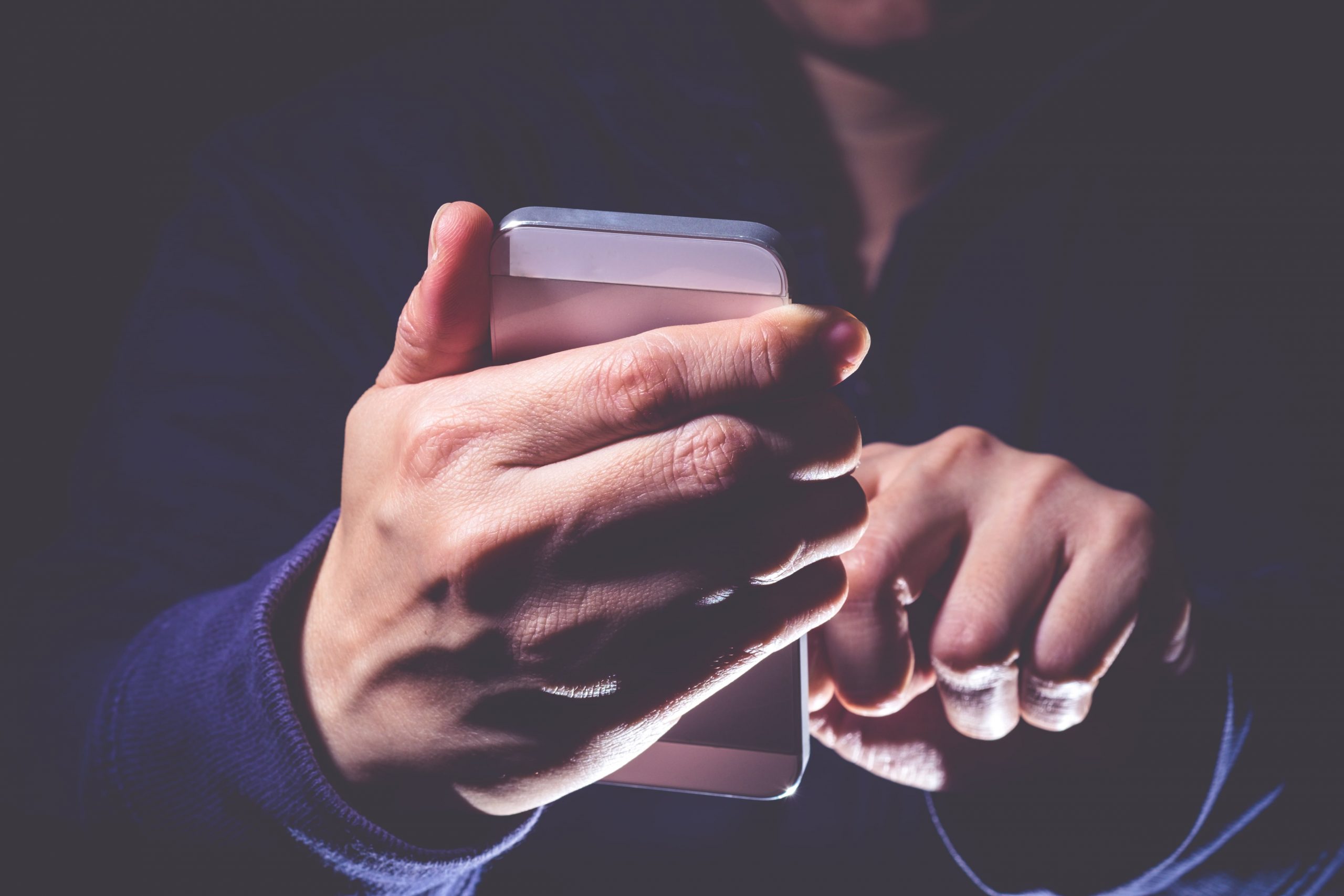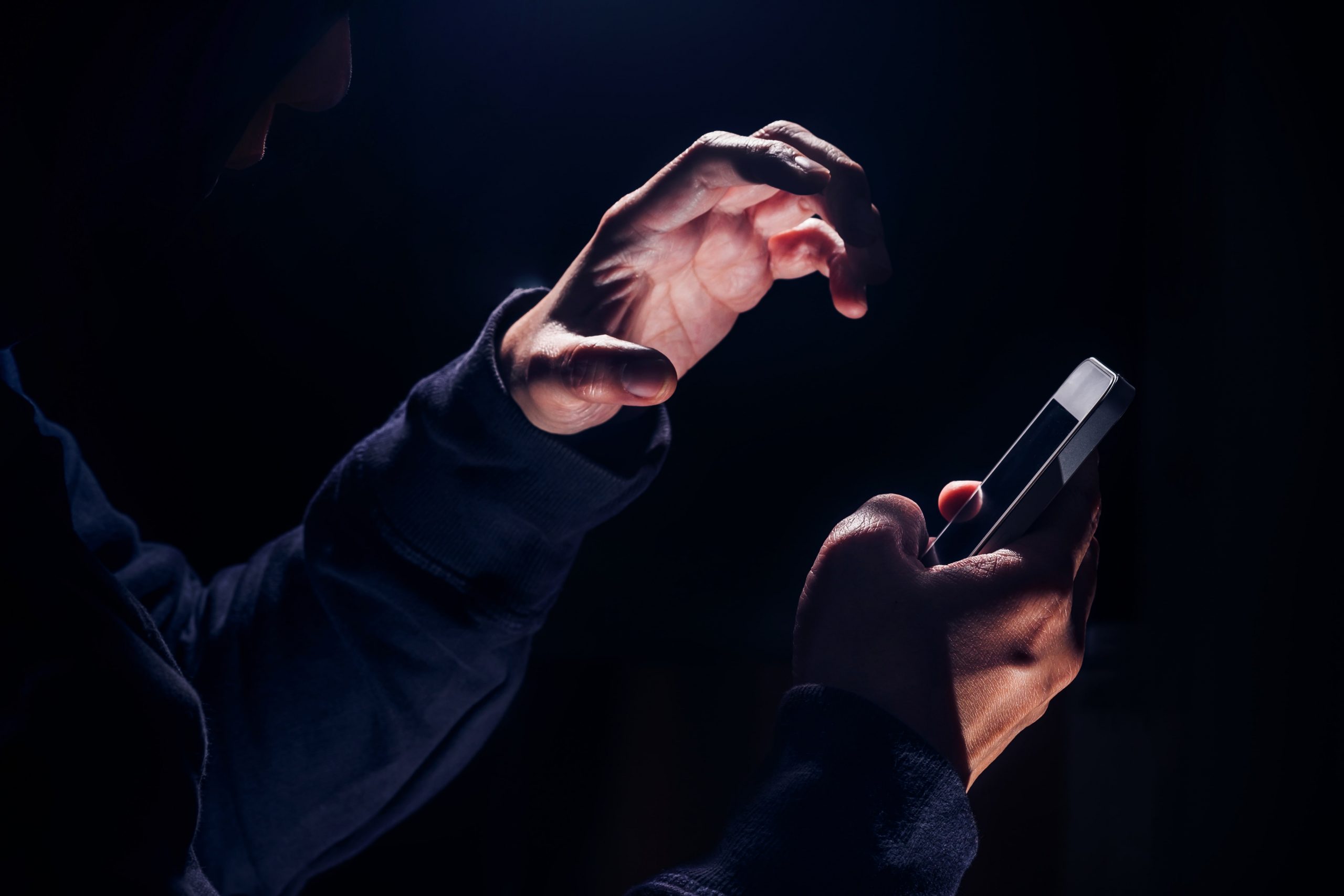
YouSay Short News App
Cyber Delusions : The Dark Side of the Digital Age


Cyber delusions, where individuals feel like their devices are hacked or controlled, are becoming more common with the rise of technology.

This mental condition, known as "Cyber Delusion," is a growing concern for psychiatrists and experts in the field.

